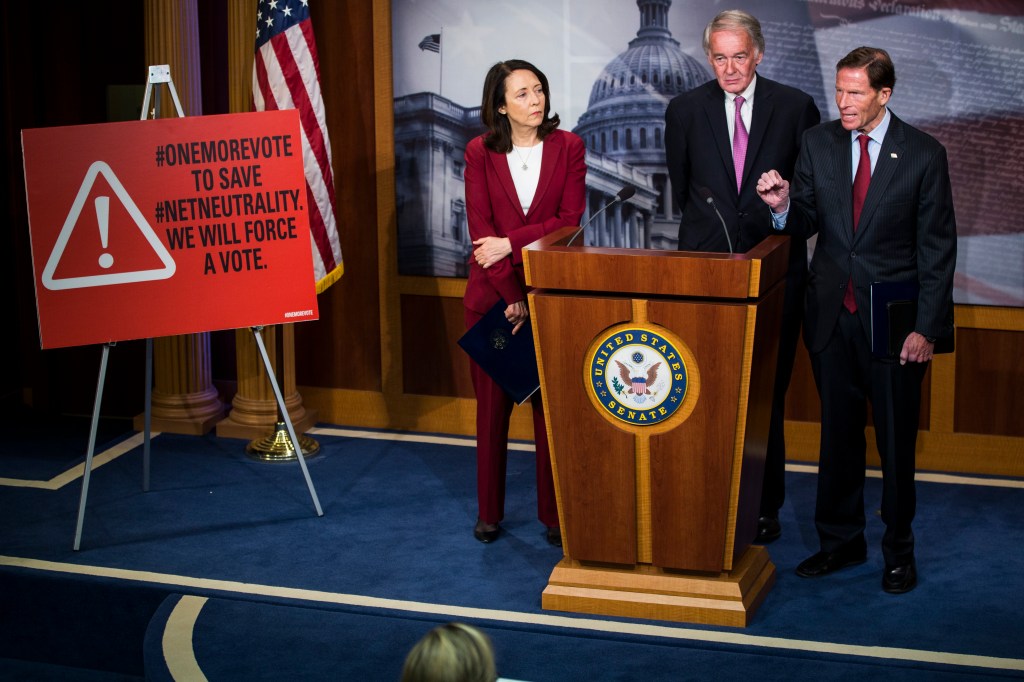The FCA’s proposed Rule Review Framework reads simply enough, but its application on the ground will be complicated and messy. Of the three types of review, both post implementation reviews and ex-post evaluations are typically costly, while evidence assessments are much cheaper, so finances will limit severely how many of the first two can be conducted.
And politics – both internal and external – will heavily influence which policy areas are prioritised and which aren’t. As ever, there will also be questions over how objective the FCA (or anyone) can be in marking its own homework.
Bank’s new Deputy Governor
The Bank of England’s latest Deputy Governor, Sarah Breeden is unusual in that she has significant experience as a supervision analyst in her early career. Also unusual is that, as far as I know, she hasn’t worked at HM Treasury.
Impact matters
Last week I posted about the FCA’s Annual Report, and hopefully, when the Treasury Select Committee (TSC) takes evidence on this in the Autumn, it will also cover the regulator’s Positive Impact report. It’s only by kicking the tires on this sort of information that the TSC can generate confidence in the new accountability arrangements for the FCA and PRA. And without such external validation, the statements in reports like this will be easy to dismiss.
Financial lives worsening
The latest edition of the FCA’s immensely valuable Financial Lives Survey provides a cautionary snapshot of the damage being done to consumers’ relationship with financial services by the cost-of-living crisis.
The figures mostly date from May 2022, supplemented by a shorter survey in Jan 2023. Even during these eight months, the number of UK adults in financial difficulty rose from 4.2m (8%) to 5.6m (11%) and it will almost certainly have continued to increase since. Hopefully the Consumer Duty will help ameliorate this damage but it won’t itself reverse the trend.
If PEPs are an area where the FCA perhaps feels forced to care too much, this [bank branch closures] is one where over the years … it has probably cared too little.
Authorizations and quality v quantity
The FCA’s latest set of authorisations metrics (Q1 2023/24) are a valuable window into the regulator’s operational performance. But they need careful reading, and with a recognition that not all metrics are equal.
To give some examples, 9/16 metrics and 6/8 that are “green” relate to the Payment Services and E-money directives, where the decisions the FCA must take are simpler and the authorization standards are deliberately lower. Volumes are also small, with between 0-31 cases in the quarter.
Elsewhere, by contrast, there are c.3,000 approved persons decisions (SMCR and other), 560 firm authorizations, 338 variations of permission (to undertake regulated activities), and 292 changes of control (firm ownership). These decisions are often more complex than for the directives above and, as the FCA’s summary explains, some of the authorization-related decisions for dual regulated firms – the metrics for which are on the PRA website – are more complex again.
It’s usually worth a regulator taking some extra time trying to get the more complex decisions right as the consequences of getting them wrong are often serious. So, having these metrics at “amber”, or even “red”, isn’t necessarily a bad sign.
Infrastructure hiccup
The recent RTGS outage – on August 14, a technical problem delayed by several hours the opening of the Bank of England’s real time gross settlement system, which enables the management of banks’ intraday liquidity – is a reminder that the financial system is not immune from the UK’s dependence on old, sometimes creaky, infrastructure. In this case, the IT system dates back to the mid 1990s and there was a much more severe outage in 2014. All being well, the new system is due next year.
PEP priorities
News that the FCA has written to PEPs (politically exposed persons), and has now launched a review of firms’ dealings with UK PEPs, following on from the Farage/Coutts affair, is an indication of how regulatory priorities and resources can be suddenly shifted by media/political pressure.
Vanishing branches
One of several interesting items in the FCA’s June Board minutes is the careful distinction made (13.9) between access to cash and access to bank branches. I’ve written often about financial inclusion – branch closures in particular – as an issue where the FCA has fallen short, and it’s not evident that the latest guidance on branch closures is having much effect on the ground.
This recent FT article – including a scary graphic – reveals that one in eight branches are due to shut this year, meaning the UK branch network will have shrunk by almost 60% since 2015. Some 1,100 branches have shut since May 2022 alone. Small businesses and those who are vulnerable – in villages, towns and inner city estates – will surely be worse off.
As for “bank hubs”, the much-touted collaboration with the Post Office, only seven have so far opened, with only around 70 more so far announced. If PEPs are an area where the FCA perhaps feels forced to care too much, this is one where over the years, wedded to competition at the expense of consumers, it has probably cared too little.
Gavin Stewart is an independent commentator on financial regulation; former regulator; novelist; ex-international rower and sports administrator. He has 27 years’ experience working for financial services’ regulators (Bank of England, FSA & FCA), holding a wide variety of roles including as a Bank of England Supervisor, FSA Head of Strategy, Planning & Performance, and FCA Chief Risk Officer.













